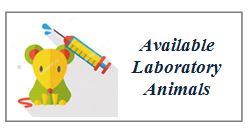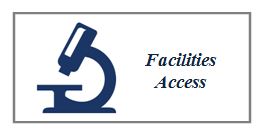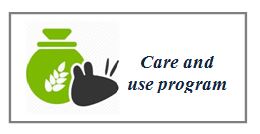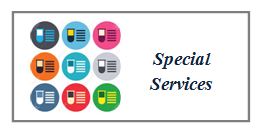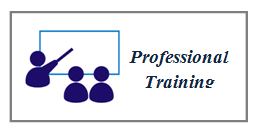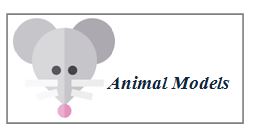![]()
RCEM was founded in 2001. Currently, RCEM is known as the first and foremost laboratory center in the East of Iran. A wide spectrum of research and medical theses are performed in this center annually. The RCEM provides facilities in laboratory animal breeding (rodents such as mouse and rat in different species) and also offers different laboratory animal models, particularly models for metabolic diseases like diabetes and cardiovascular as well as neurodegenerative diseases such as Parkinson's and Alzheimer diseases.
Center's Head: Dr. Mohsen Foadoddini (Associate Professor), Department of Physiology, Birjand University of Medical Sciences.
The Animal Facility at the RCEM has supported research for more than 16 years. It provides researchers from Birjand University of Medical Sciences with different animal models and an ideal environment to perform their animal studies. The most common animals are the mouse (Musmusculus), the rat (Rattusnorvegicus) and the rabbit (Oryctolaguscuniculus). RCEM provides two strains of laboratory mice (C57BL6, Balb-C) and two strains of laboratory rats (Wistar and Sprague-Dawley). (Back to Top)
RCEM Responsibilities and Services:
- Providing housing and breeding of the animal laboratory (Mouse, Rat)
- Routine training programs
- Providing daily animal husbandry
- Daily health status monitoring of animals and laboratories
- Institutional compliance with animal welfare regulations, standards, and policies
Animal identity: Every animal’s cage is identified via the use of different cage labels, depending upon the activity, i.e. experiment, quarantine, breeding, and sickness of animals. Cage cards contain the following information:
- Name of the principal investigator
- Institute grant number
- The date animals were received
- Animal species and gender
- Number of animals initially placed in the cage
- Any other relevant information (Back to Top)
- The cost of normal rat/mouse diet from Behhparvar Co. including shipping cost is approximately 28000 rials in 2017.
- It should be noted that the daily diet of an adult rat and mouse is about 10-20 grams and 5-10 grams respectively. (Back to Top)
- Metabolic diseases like diabetes, hyperlipidemia and cardiovascular diseases
- Neurosciences (stereotaxic method)
- Surgery (surgery room with ventilator and inhaler anesthesia automatic machine)
- Behavioral research (Tail-flick, Running wheel, Hot Plate, Treadmill, etc.)
- Toxicological research (Dust and Gas exposure Chambers)
- Physiological research (isolated heart system, non-invasive blood pressure monitoring, etc.) (Back to Top)
RCEM regularly holds up laboratory animal workshops for investigators. The training program covers the use of rodents as animal models in biomedical research. A workshop comprises of theory (4 hours) and hand-on training (8 hours). The workshop certificate is an obligatory step for all researchers who intended to use laboratory animals in RCEM. (Back to Top)
- Diabetes
- Chronic Hyperlipidemia
- Acute Hyperlipidemia
- Skin Wound/Ulcer
- Cancer induction (chemical/cell line)
- Heart Ischemia/Infarction
- Gastric ulcer (Pharmacological/ Surgical)
- Pain induction (Chemical/ Surgical)
- Parkinson's Diseases (Chemical)
- Hypogonadism and Azoospermia
- Liver injury/Toxicity
- Teratogenicity and congenital defects
- Inhaler Toxicology/Toxicity
- Diabetic Nephropathy and neprotoxicity
- Diabetic retinopathy (Back to Top)
انتخاب حالت کور رنگی
سرخ کوری سبز کوری آبی کوری سرخ دشوار بینی سبز دشوار بینی آبی دشوار بینی تک رنگ بینی تک رنگ بینی مخروطیتغییر اندازه فونت:
Letter spacing
Line-height space
Change mouse size:
Change font
Change color:
Primary color
Secondary color
Tertiary color


